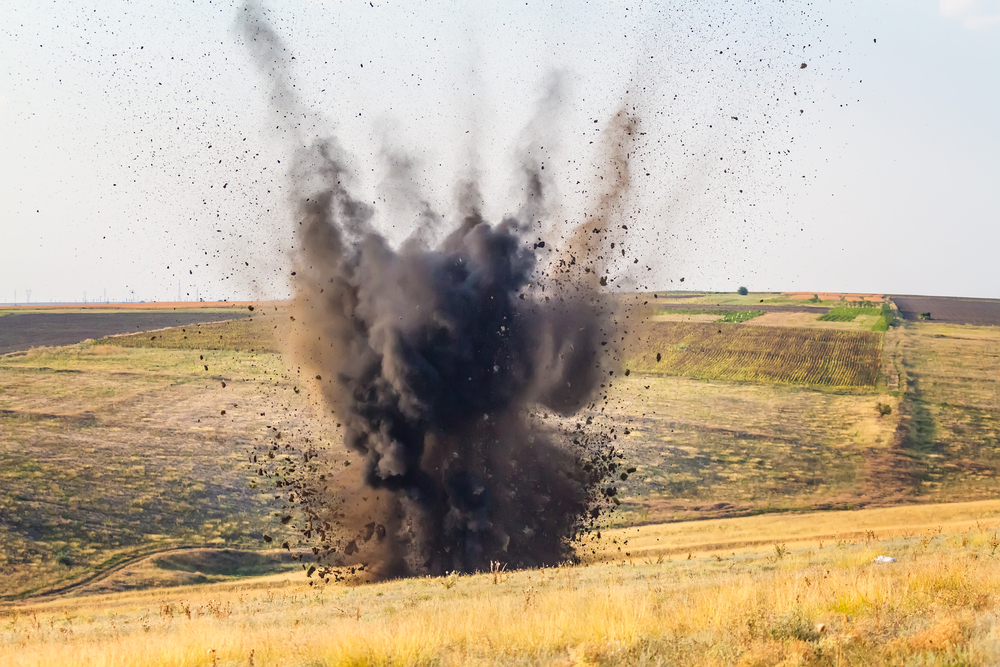
OTTAWA — The Harper government has ratified an international treaty to ban deadly cluster bombs, after more than half a decade of controversy.
Canada signed the Convention on Cluster Munitions in 2008, but dragged its heels on ratifying it in the face of widespread international complaints, including from the usually neutral International Committee of the Red Cross.
The opposition stemmed from a loophole that would allow the Canadian Forces to be involved in the use of cluster bombs in joint operations with the United States, which has opted out of the convention.
The Conservatives eventually agreed to excise a single word from the bill — using — which clearly prohibits Canadian military personnel from directly using the weapons, but doesn’t entirely bar their indirect involvement in combined operations.
Paul Hannon, the executive director of Mines Action Canada, said widespread concern remains over the existing loopholes even though the Canadian Forces have ruled out ever using what is widely seen as an inhumane weapon.
A single cluster bomb contains hundreds of brightly coloured, baseball-size submunitions that often fail to explode and can sit dormant for decades, posing an ongoing hazard to civilians, especially young children in dozens of post-war countries.
Last year, the Forces destroyed their stockpile of the weapons, which the government says Canada never used, as part of its treaty obligations.
Cluster bombs date back to the Second World War, but came into wider use by the United States during its bombing of Vietnam, Cambodia and Laos in the 1960s. They’ve been used by the U.S. and its allies in Iraq and Afghanistan, and most recently surfaced in Syria, Ukraine and Libya.
Hannon said that although the bill that ratified the international convention still contains “numerous loopholes,” it is clear that Canadians will never use cluster munitions.
The government defended its position based on the larger issues surrounding the need to remain interoperable with its biggest military ally, the United States.
Under some high-level military exchange programs that are unique to Canada, top Forces generals are allowed to command American troops.
Two retired Canadian generals who were chiefs of the defence staff, Walt Natynczyk and Rick Hillier, did stints as deputy commander at the massive American military base in Fort Hood, Texas, which has as many personnel as the entire Canadian Forces.
Hannon said he was encouraged by the statement of Conservative Sen. Suzanne Fortin-Duplessis during hearings last year in which she said, “Canadian commanders will never have the right to order the use of cluster munitions” in joint operations.
Foreign Affairs Minister Rob Nicholson noted in a statement that cluster bombs have had a “devastating impact” on civilians and that Canada was helping save lives with a further $2.4 million contribution for mine clearance and education.
Hannon said Canada’s traditional contribution to anti-mine efforts has fallen off in recent years, especially in comparison to the country’s heyday in the 1990s when it led an international mine action campaign.
He said it should be at least $35 million a year.